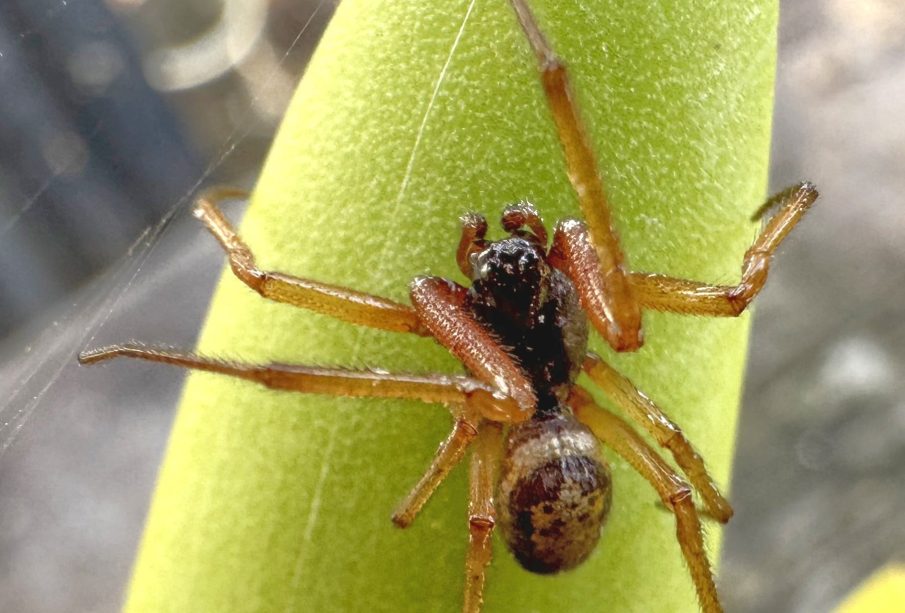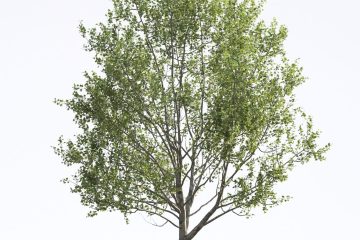Understanding False Widow Spiders in the UK

Introduction: The Rise of False Widow Spiders
False widow spiders, particularly the Steatoda nobilis species, have garnered significant attention in the UK in recent years. Known for their resemblance to black widow spiders, they are part of a growing population that has caused concern among local residents. Their increasing presence highlights important discussions around urban wildlife and ecological balance, embodying both fear and fascination. This article explores their biology, presence, and the implications for public safety.
What Are False Widow Spiders?
False widow spiders are non-native to the UK but have established themselves since their introduction in the late 19th century. Typically, these spiders are small, with dark brown or black bodies adorned with distinctive markings. As they thrive predominantly in temperate climates, urban areas provide the favourable conditions they need to spread, often spotted in gardens, sheds, and homes.
Recent Incidents and Public Concerns
Concerns surrounding false widow spiders primarily arise from their potential bite, which can cause mild to moderate symptoms resembling those of a bee sting. Reports have increased in media outlets regarding people experiencing bites, leading to anxiety and misperceptions surrounding these creatures. However, health experts clarify that serious bites are rare, and fatalities from false widow spiders are non-existent. The National Health Service (NHS) emphasises that while the bites can be uncomfortable, they do not warrant panic.
The Ecological Role of False Widow Spiders
Despite the fears they generate, false widow spiders play a beneficial role in the ecosystem. They contribute to controlling pest populations, preying on insects that can damage plants and spread diseases. As natural predators, their presence can help maintain ecological balance, highlighting the complex relationship humans have with urban wildlife.
Conclusion: Living with False Widow Spiders
As false widow spiders continue to inhabit more areas within the UK, understanding their nature becomes crucial for informed coexistence. Public education is essential to reduce fear, focussing on their role in the environment and how to manage encounters. Health experts encourage the public to take precautions, such as wearing gloves when gardening and sealing cracks in homes, to minimise unwanted interactions. Overall, as urbanisation increases, so does our need to adapt and live harmoniously with the creatures that share our living spaces.








